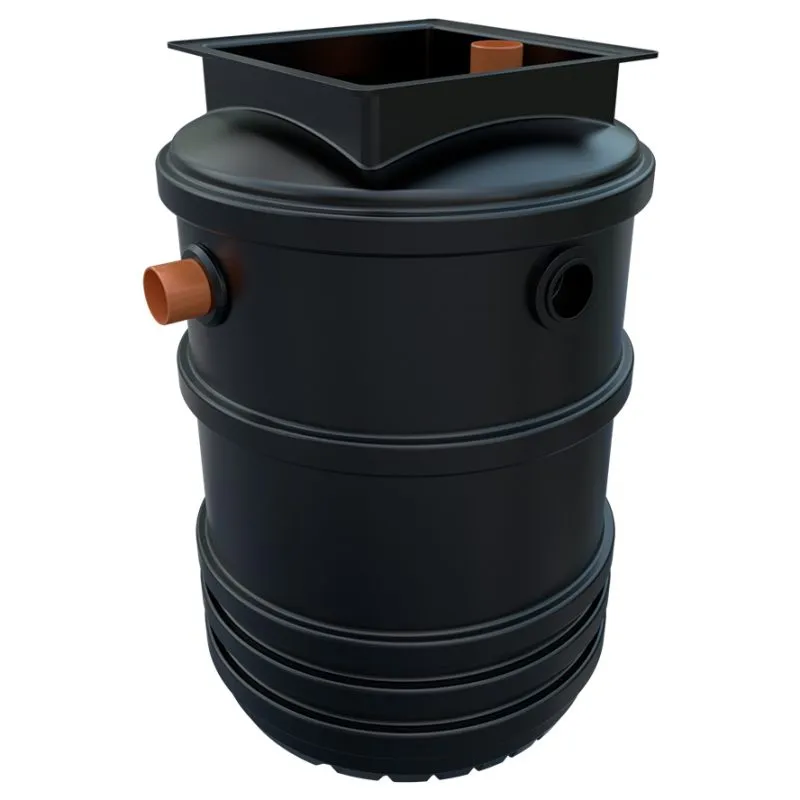Summer in the Northern Hemisphere will be shorter this year than last year by about 15 minutes, according to Timeanddate.com.
An event known as aphelion is happening on July 3. This means the Earth will be at its farthest point from the sun, a factor that does not cause the seasons, but does affect their length.
Because Earth moves in an elliptical orbit around the sun, being further away means it travels slower along its orbit. This increases the time it takes to get from the solstice, the beginning of summer, to the equinox, the end of summer, usually making the season longer in the Northern Hemisphere, according to Timeanddate.com. This year, however, is an exception.
Due to the gravitational pull of the moon, Jupiter and other bodies in the solar system, Earth’s orbit around the sun experiences subtle changes in its trajectory, which this year results in a slightly shorter summer, according to Timeanddate.com.
Summer in 2026 will be 3 minutes longer than this year, the website also notes.
Despite a shorter summer this year, the effects of aphelion mean that summer in the Northern Hemisphere will continue to get longer. Timeanddate.com projects that in 1,000 years, summer will likely be six hours longer than it is now.
More News
Mattapan man hurt in stabbing charged in connection with woman’s death
U.S. warns travelers to avoid these Middle Eastern countries
In Trump/Musk feud, social media users in China side with Musk
Holland man indicted for murder in slaying of Austin Schepper earlier this year
Suspect in fatal shooting in Springfield to be arraigned Thursday
Read the original article on MassLive.













